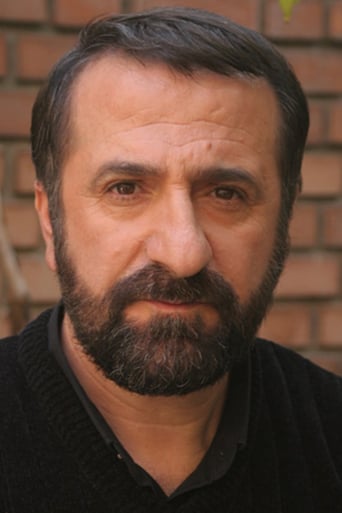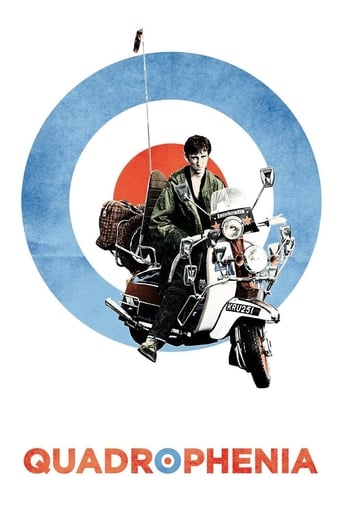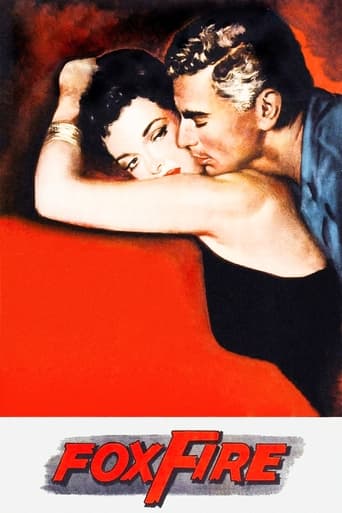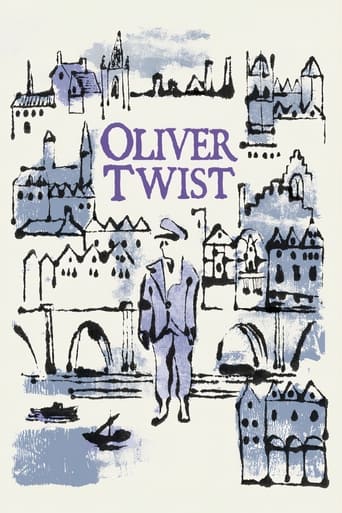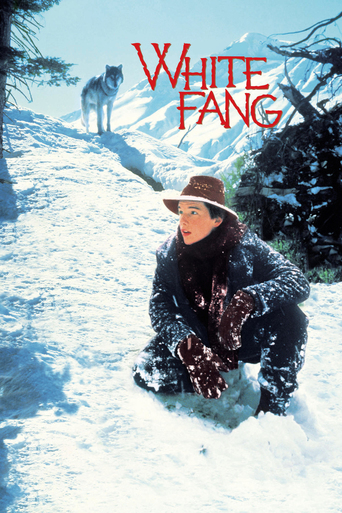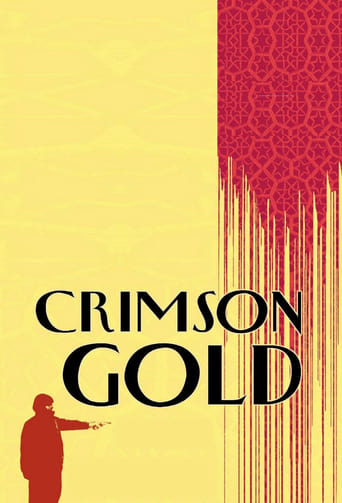
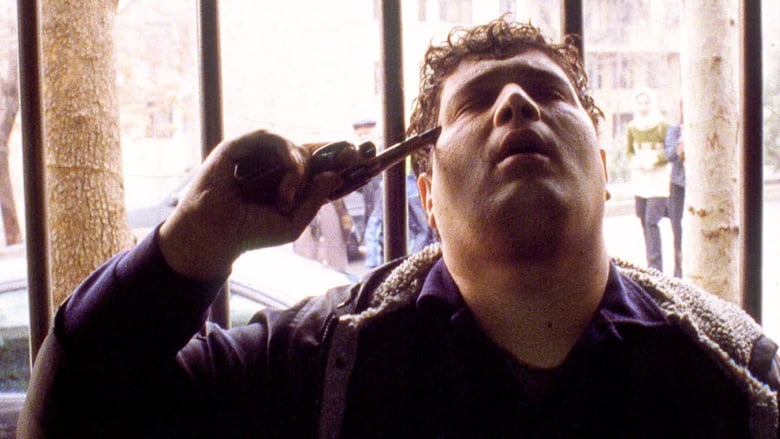
Crimson Gold (2003)
For Hussein, a pizza delivery driver, the imbalance of the social system is thrown in his face wherever he turns. One day when his friend, Ali, shows him the contents of a lost purse, Hussein discovers a receipt of payment and cannot believe the large sum of money someone spent to purchase an expensive necklace. He knows that his pitiful salary will never be enough to afford such luxury. Hussein receives yet another blow when he and Ali are denied entry to an uptown jewelry store because of their appearance. His job allows him a full view of the contrast between rich and poor. He motorbikes every evening to neighborhoods he will never live in, for a closer look at what goes on behind closed doors. But one night, Hussein tastes the luxurious life, before his deep feelings of humiliation push him over the edge.
Watch Trailer
Cast
Similar titles
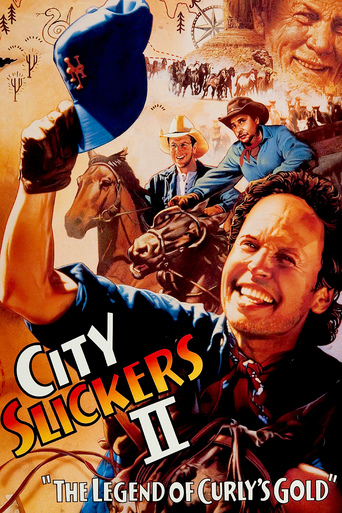
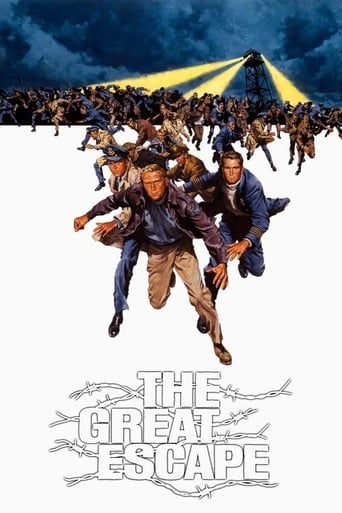
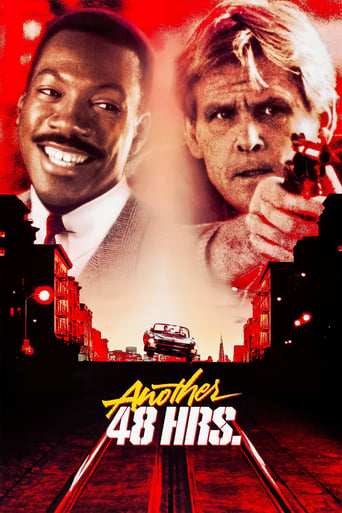
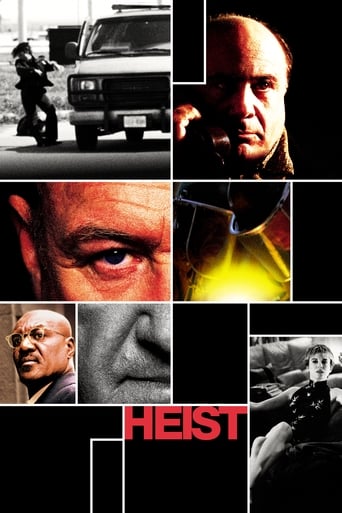
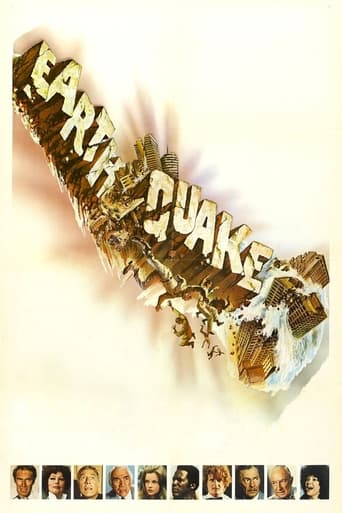
Reviews
Wonderful character development!
Simply A Masterpiece
After playing with our expectations, this turns out to be a very different sort of film.
The acting in this movie is really good.
Incredible. Director Jafar Panahi pours you into the psyche of Hussein, an impoverished Iranian pizza deliveryman with dreams of a wealthy life. It dawned on me that I had seen strains of his character before, in the great American story of Bigger Thomas in Richard Wright's NATIVE SON. TAXI DRIVER, of course, is comparable, but far less subtle. Hussein's character is multi-layered, and you can easily miss Panahi's whispered clues to his past. Hussein was once a "saintly" war veteran and probably smart student who had health problems requiring cortisone treatments. The results were obesity and depression. He desires to be married to his best friend's sister, another marvelously understated character. Hussein's quest to give her lovely and expensive things becomes his driving want, and his final experience with a Westernized rich kid tips the balance. This film is nothing without Hossain Emadeddin, the actor playing Hussein. His pudgy-faced character stoically endures the spite of arrogant merchants and bullying cops. You can feel an eruption coming. If you recall Jackie Gleason's "The Poor Soul," you will see remnants of the silent, trudging character all over Emadeddin's role. Further out---you may think I'm crazy---but the character has Notorious B.I.G.'s JUICY all over it in physicality and motivation. Back to earth, Panahi's technical skills soared since that fateful moment in THE MIRROR when he decided to keep the camera rolling when the little girl actor essentially quit the set. CRIMSON GOLD's opening has a masterful long-take of a robbery, using a darkened doorway as a frame-within-frame that opens us to street onlookers mirroring our anxiety. An ingenious device to sandwich action between two sets of viewers. The film may seem plodding, but every frame is a gem. A favorite.
It's positively amazing what you can sometimes get with non-professional actors, basically playing themselves, especially compared to the many times that real actors flub things entirely. This film follows the sad trajectory of a disaffected pizza delivery driver in Tehran, but while his journey is rooted in reality and presented, aside from the cuts from one scene to another, in something much like real time including all the boring waiting periods (and without the comforting style of similar scenes in Chinatown), the story itself is almost fantastical, probably in part because the people Hussein meets are, to no small degree, more symbolic than anything. The story is heartbreaking and the visuals held my interest without being flashy in the least. Most interestingly, director Jafar Panahi provides us with a removed, rational view of modern Iranian society even as he shows his considerable skill in unobtrusively guiding us along with one man's unfortunate journey.
Written by the most prominent figure in Iranian social realist cinema, Talaye Sorkh is very much suggestive of some social realities in contemporary Iran. Following an underclass pizza-delivery man for a day or two of his life, Panahi's camera pictures a story that speaks only not for Hussein, but also for many of his real-life fellow citizens in Tehran. Although the film appears to be highly critical of the current social gap between the rich and the poor, Talaye Sorkh is more about alienation and marginalization. Hussein is a war veteran who is devastated by the contradictions of the values he fought for in the Iran-Iraq war and what he witnesses in the affluent neighborhoods of northern Tehran, where he delivers pizzas. He is shocked to see a former lieutenant in one of those chic houses. Thanks to Hussein Emaduddin's great performance, the film by no means begs for sympathy. It seems that the tensions of the society in which Hussein lives, has made him an emotionless man. Hussein's toneless attitude and his unusual calmness speaks of a man whose tolerance comes to a rapid explosion at the end. He is a sort of man who is unable to even feel for his fiancé. Robbing young women's purse doesn't seem to interest him either. Throughout the entire film he is in a state of shock. Although the film's plot is based on a true story, its dialog seem a bit incompetent and weak at times. The dolly shots and the overall camera-work however perfectly contributes in suggesting a schizophrenic atmosphere which has indeed been the intention of Panahi as well. Panahi's latest film is very much similar in theme with his previous award winning Dayareh. That film is also recommended for those who enjoyed this one.
It is regrettable that some comments have described the movie as boring and tedious. In the west, we have been raised with a version of cinema presented by Hollywood that provides quick indulgence and satisfaction; well not only cinema, a lot others as well. Movies that lack this characteristic, being ironically closer to reality and providing an insight into the world we live in, are judged as "weak," and "boring." Allegorical cinema is the strongest cinema no question, and Iranian cinema has been an efflux of such examples during the past decade; "Crimson Gold" is a perfect example.It might come out as strange, but for a change, a movie has been able to capture the real life, the real social struggles of the society; and this doesn't just pertain to the Iranian society, but the description is one of ecumenical. The pace matches the pace of real life, as one other commentator put it so eloquently, it SHOULD be slow, and it SHOULD be agonizing to watch it, simply because that's what the movie is trying to portray, and that's how real life is experienced. The slow pace of the movie, following every move of the main character, makes the movie even more poignant. One can put self in Hussain's shoes, and feel the pain and humiliation he feels when he walks into the Jewlery store, case in point.


